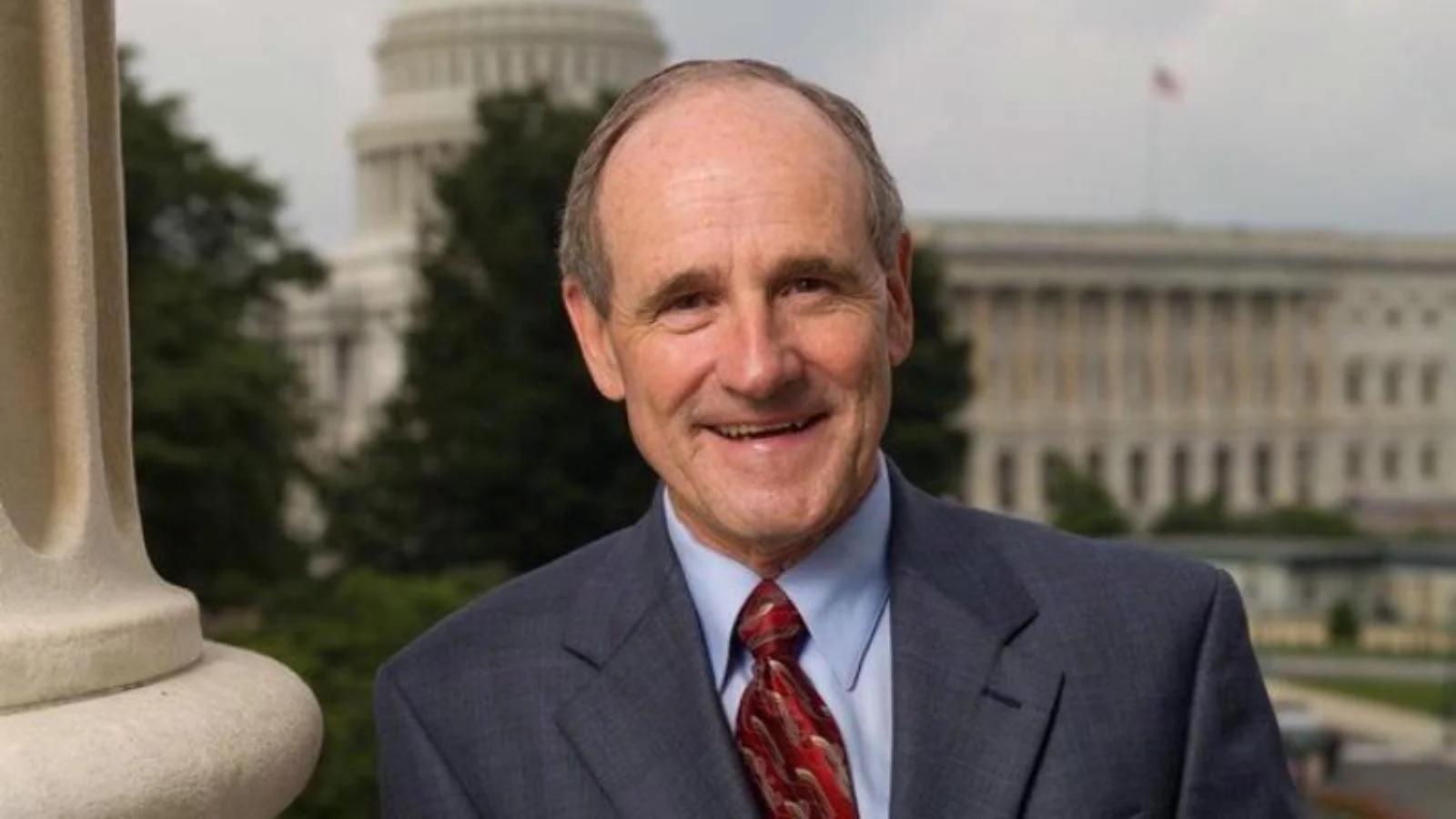U.S. Senator Jim Risch, chairman of the Senate Foreign Relations Committee, delivered opening remarks at a committee hearing on the implementation of the Taiwan Enhanced Resilience Act and prospects for future U.S.-Taiwan cooperation. The hearing included testimony from Lauren Dickey, former Taiwan advisor to the Department of War; Rush Doshi, director of the China Strategic Initiative at the Council on Foreign Relations; and Bonnie Glaser, director of the Indo-Pacific program at the German Marshall Fund.
During his statement, Senator Risch addressed concerns about China's ongoing pressure on Taiwan. He said:
“Thank you to our witnesses for being here. As you all know, Taiwan is under constant threat from China, and its fate has critical implications for the United States and for the world.
“The Chinese Communist Party has never controlled the territory of Taiwan. But for decades, China has waged psychological war against Taiwan, carried out endless propaganda and cyberattack campaigns to weaken its resilience, and repeatedly undermined the status quo in the Taiwan strait. In the last year, China’s land, sea, air, and rocket forces have carried out increasingly sophisticated military exercises simulating a blockade and a quarantine of Taiwan.
“China is also increasing its transnational repression of Taiwanese citizens, efforts to legitimize its false claims, and bullying of other countries to support its position on Taiwan.
“We all know, for Xi Jinping, asserting China’s control over Taiwan is a legacy-defining issue. His population is aging. His economy is faltering. China needs a victory, and Xi has set his sights on Taiwan. This is deeply troubling.
“Taiwan is a vibrant democracy and key U.S. partner in the Indo-Pacific, but it is also our seventh largest trading partner and a rapidly growing source of investment in the U.S.
“Idaho, my home state, knows well Taiwan’s importance: it is my state’s second largest international trading partner, and just last year, we celebrated 40 years of sister relations between Idaho and Taiwan.
“Taiwan is also deeply integrated in the global economy. President Trump is working to boost domestic production of semiconductors. Taiwan plays a key role in that ambition and will remain an important partner for producing the chips that control everything from U.S. missiles to your washing machine.
“Make no mistake: China is the greatest long-term threat to American interests. If we allow China’s blatant aggression against Taiwan to go unchecked, that will have ripple effects on our Indo-Pacific alliances and seriously hurt our ability to compete with China globally. Look no further than the dispute China is having now with Japan.
“We have also recently seen China weaponize its dominance of critical supply chains – which it achieved through decades of industrial espionage and unfair trade practices. It has attempted to hold American industries hostage amid trade talks with the U.S.
“Taiwan may be at the forefront of China’s growing aggression, but it won’t be the last stop. That’s why we all need to work to counter China’s aggression against Taiwan.
“With that, I recognize the ranking member.”
Risch emphasized both economic ties between Idaho—his home state—and Taiwan as well as broader national security issues related to semiconductor supply chains and regional stability in Asia.








